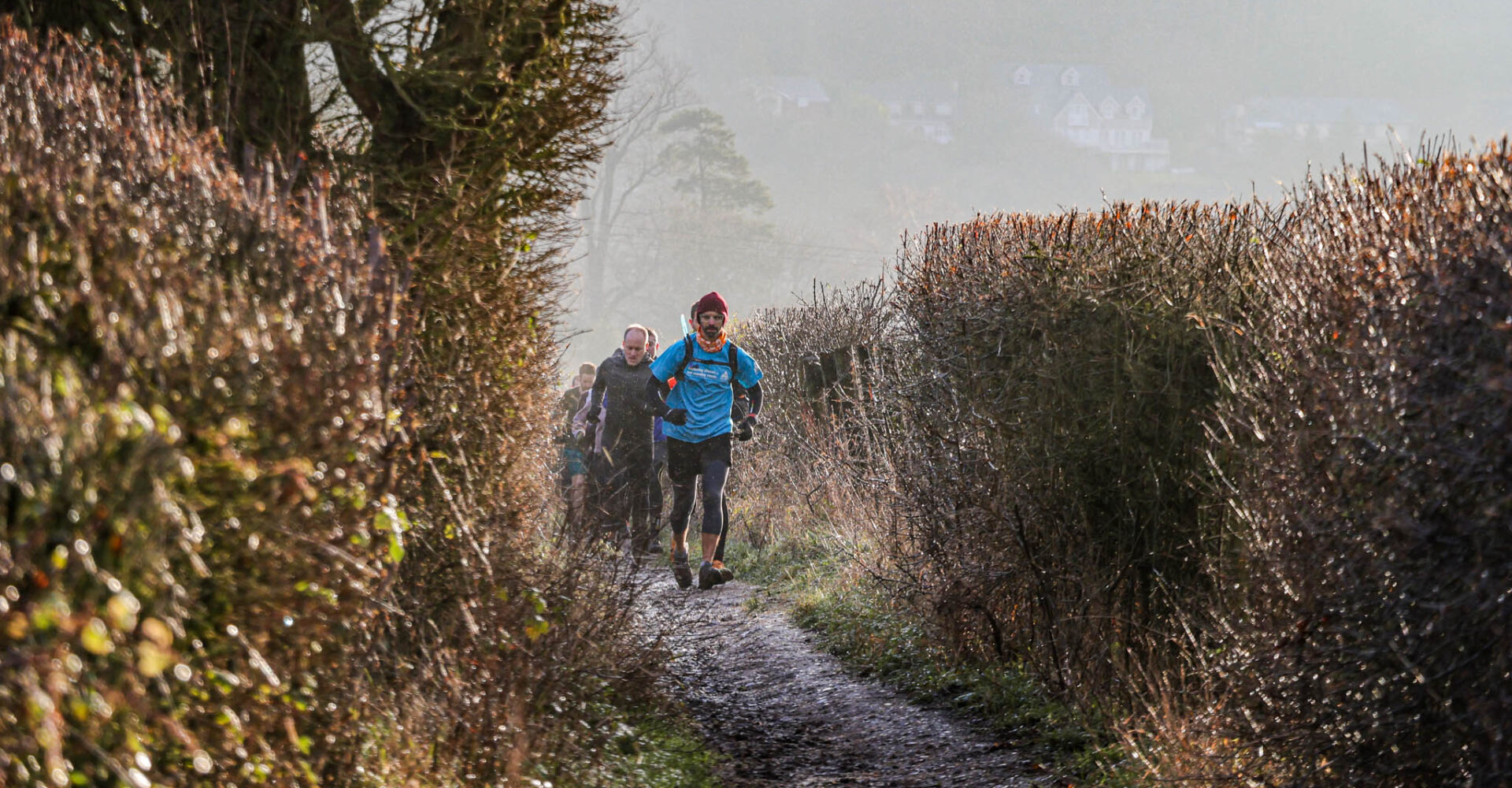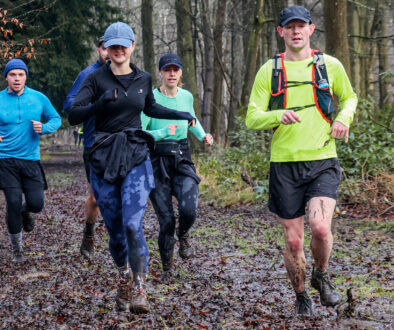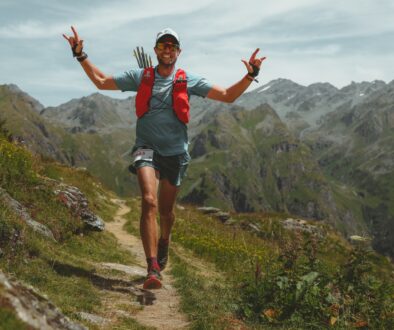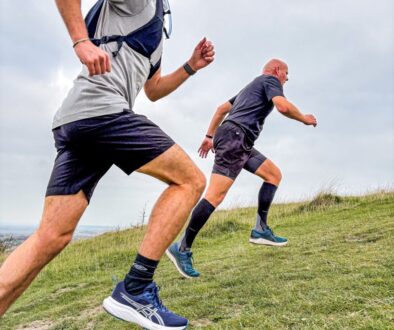Short for time? Here we unpack what training run you should focus on if you only have time for one run this week!
As a coach this is often a question I get frequently asked, and as a runner something I also find challenging. What part of my training plan can I drop? Which part should I do when I don’t have much time? Or better put, where is the bang for buck in my training plan?
Training is hard work
Let’s set the context first. If you want results, then you must be prepared to put in the work. Unlike Instagram and Deliveroo, sport requires long term effort to get the result. This is an inescapable truth but also what makes achieving the goal, so much more rewarding. So, if you are looking to skip all your training and expect to rock up to a race or an event and get a good result, forget it! Remember the easiest part of doing the event, is signing up and paying for it, then really comes the hard work.
Life happens
Life happens, and for that reason we find ourselves clambering to find time for a run. Depending on what you are training for, then your normal training plan should have at least 3 runs a week, which is the absolute bare bones of frequency for a half marathon and longer. Why should we be running this frequently? Well, to train for speed, strength, endurance or speed-endurance, you need to be pushing your body on a regular basis to physiologically adapt to those demands. No training = no physiological adaptation = more likely to DNF, get injured during an event, run less or slower = change your expectations of the outcome! It’s a bit like learning a language or new skill, with regular, measured learning you will get better.
If your training was perfect
The more perfect the training, i.e. the process, the more likely we are to achieve our goal. However, lots of things will happen during the process, birthdays, injuries, work drinks, illness, maybe a holiday (why did you arrange a holiday then?!) but that’s life and that’s when the question comes in, what can I get away with not doing? Or with a more positive tone, which run is going to provide the maximum training benefit?
Maximum benefit for minimal time input
The temptation is to do your easy run and bin off anything that sounds challenging. Sorry if that’s you, then I have bad news, your easy run is not going to make you a better runner by itself! Therefore, if you are aiming at a long-distance event, then it’s the long run you should focus on. If it’s a shorter event like a 5km or 10km, then it could be the interval session. The less time you have available to do your training, the harder that training will need to be. 60 minutes only available this week, tempo run. 30 minutes only available this week, 10-minute warm up and smash out some intervals. Only one run available and you are training for a long run, get that long run done! This will not only maximise the time you have available to train but also give you mental fortitude.
Focus on the running
As runners we will all be on our own journey. If you run 7 times a week, then you can think about more strength training, heat training, that lovely 80/20 easy/hard split and all those fancy fun things! But if you run just 3 times a week, get out and run easy, run long and then run fast, simple! Don’t worry about heat training or anything else, they have secondary and tertiary benefits.
What really motivates you?
Finally, if you struggle with motivation to get out and do the training, read our motivation article, but in addition remember why you signed up to the event in the first place. Imagine yourself crossing the line with your goal achieved and then draw that imaginary line back from that accomplishment to where you are now, that’s your journey, now make it happen! Remember that there is always time to train, it just maybe you chose to prioritise something else in its place. That’s ok, I do that too. Maybe it was Netflix, a beer with friends, reading in bed. But call it that, you did have time, you just wanted to do something else instead. By being honest with ourselves, we can better motivate ourselves too, try it, I guarantee it will help!
Written by Simon James (Alpine Running Guide and International Mountain Leader)



